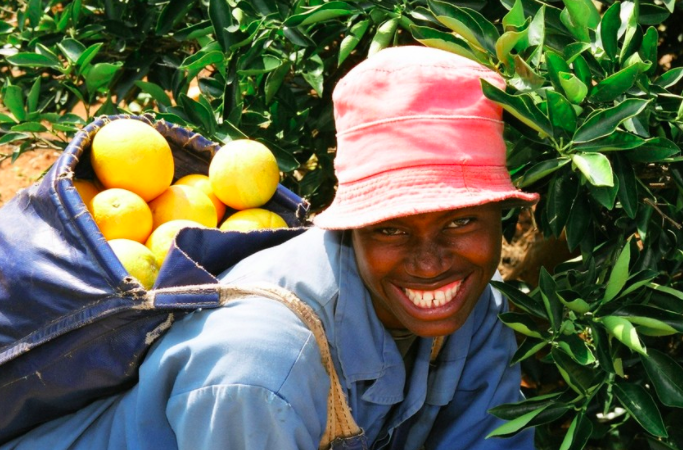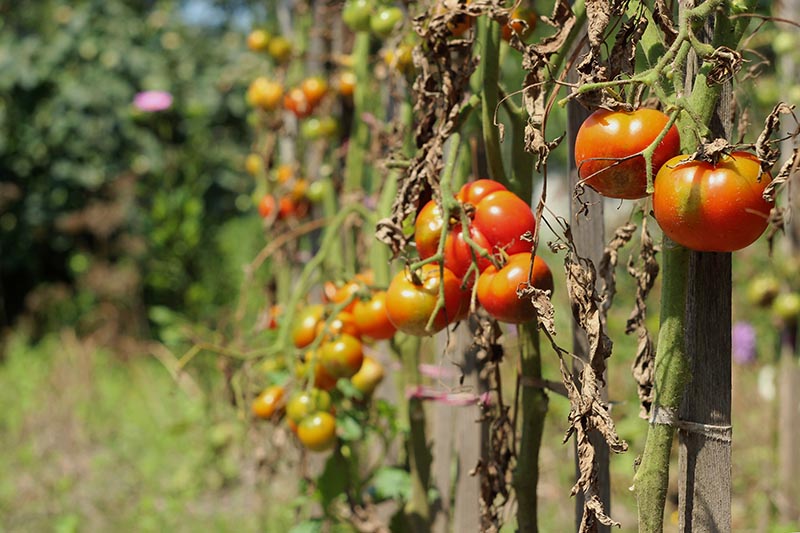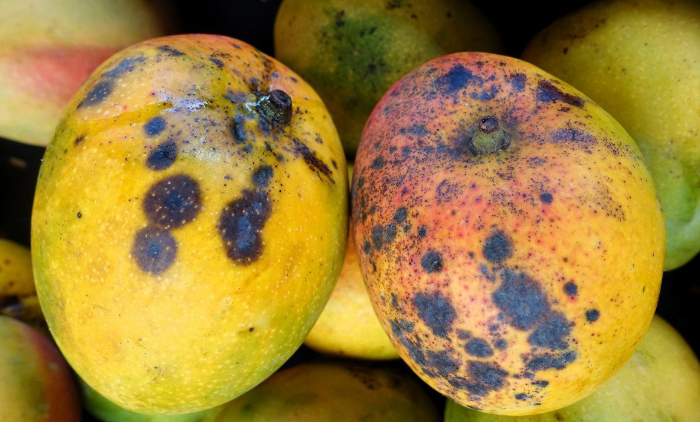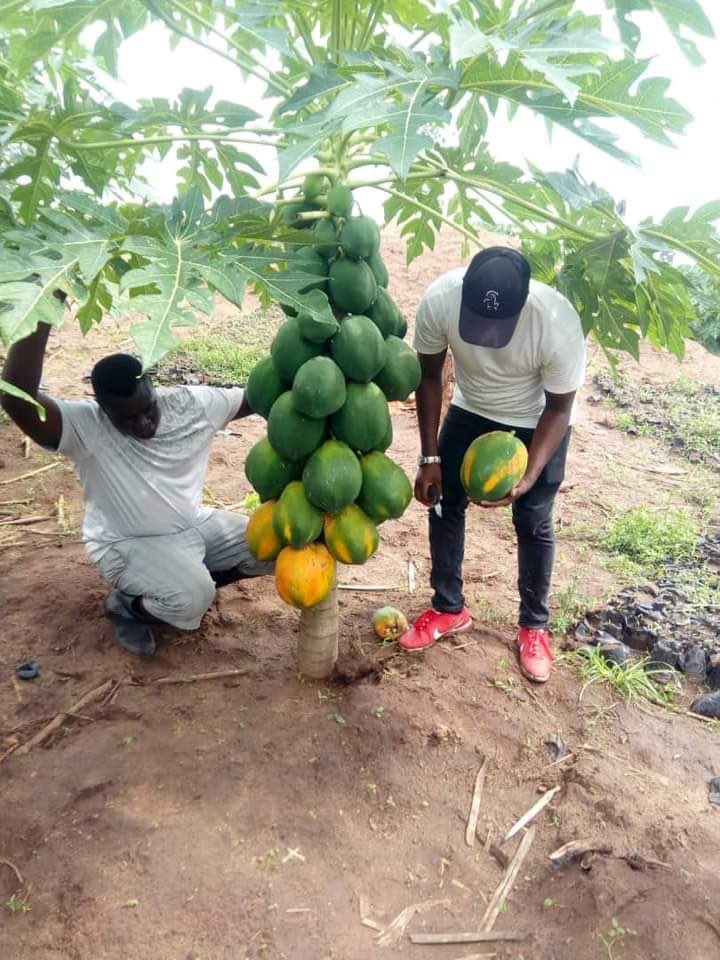Agroforestry: A land management system that integrates trees within other crops or livestock systems to improve the complex beneficial interactions with other organisms (bacteria, fungi, insects, birds, mammals) and so improve the ecological health of the system.
Breeding: Cross-pollinating plants to produce a new plant with desirable qualities from both parents. In trees this is a relatively slow and inefficient form of domestication.
Crop diversification: Introducing additional crops to what’s grown on a farm.
Crop intensification: Using various methods to enhance crop yield.
Cropping system: The pattern of crops grown and farming practices employed on a given field or farm. For instance, a polyculture cropping system involves growing a diversity of crops simultaneously in the same space. In conventional agriculture, cropping systems are often monocultures (growing a single crop at a time).
Cultivar: A plant variety that is produced by breeding.
Cultivation: Growing crops in a farm field.
Cutting: A section of shoot or root cut from a plant, which is encouraged to form a new plant by developing roots and shoots (see “Rooting”). In contrast to plants grown from seeds, cuttings remain “true” to the plant from which they are taken.
Domestication: Intentionally growing plants that originated in the wild, a process enhanced by selecting the best specimens and propagating them vegetatively (e.g., by taking cuttings as opposed to planting seeds).
Grafting: Taking sections of branch from a mature tree and fusing them onto a small seedling. The result is a new plant with the characteristics of the mature tree. “Multigrafted” trees produce a variety of fruit on the same tree, but this method is generally more of a novelty than a production system.
Propagation: The act of producing new plants by any method.
Rooting: Stimulating a cutting to develop and grow roots, typically by inserting the cutting into a humid environment with a damp, loosely packed medium such as peat moss or vermiculite.
Smallholder: A farmer working 2–5 hectares of land with a combination of cash crops to sell and food crops to feed and support the family.

MORE
INTEGRATED PEST MANAGEMENT (IPM):
A pest management strategy that aims to reduce the use of chemical pesticides through careful monitoring for actual pest threats. Pesticides are applied in such a way that they pose the least possible hazard, and are used as a ‘last resort’ when other controls are inadequate.
LOCALLY-GROWN:
Food and other agricultural products that are produced, processed, and sold within a certain region, whether defined by distance, state border, or regional boundaries. The term is unregulated at the national level, meaning that each individual farmers market can define and regulate the term based on their own mission and circumstances.
NATURALLY-GROWN/ALL NATURAL:
USDA guidelines state that all “natural” meat and poultry products can only undergo minimal processing and cannot contain artifi cial colors, artificial flavors, preservatives, or other artificial ingredients. The claim “natural” is otherwise unregulated.
NO SPRAY/PESTICIDE-FREE:
While a farm may not be organic, “no spray” or “pesticide-free” indicates that no pesticides, herbicides, or fungicides have been applied to the crop at any point in its production.
NO-TILL:
A method of reducing soil erosion by planting crops without tilling the soil, which may rely on herbicides to control weeds.
SUSTAINABLE AGRICULTURE:
Farming that is socially just, humane, economically viable, and environmentally sound. The term is unregulated.
TRANSITIONAL:
Farmers must practice organic methods for three years on a given piece of land before the products harvested from that land can be sold or labeled as organic. “Transitional” as an unofficial term means that the farmland is in the midst of that transition period towards organic certification.
VINE-RIPENED/TREE-RIPENED:
Fruit that has been allowed to ripen on the vine or tree. Many fruits that are shipped long distances are picked while still unripe and firm, and later treated with ethylene gas at the point of distribution to “ripen” and soften them.




